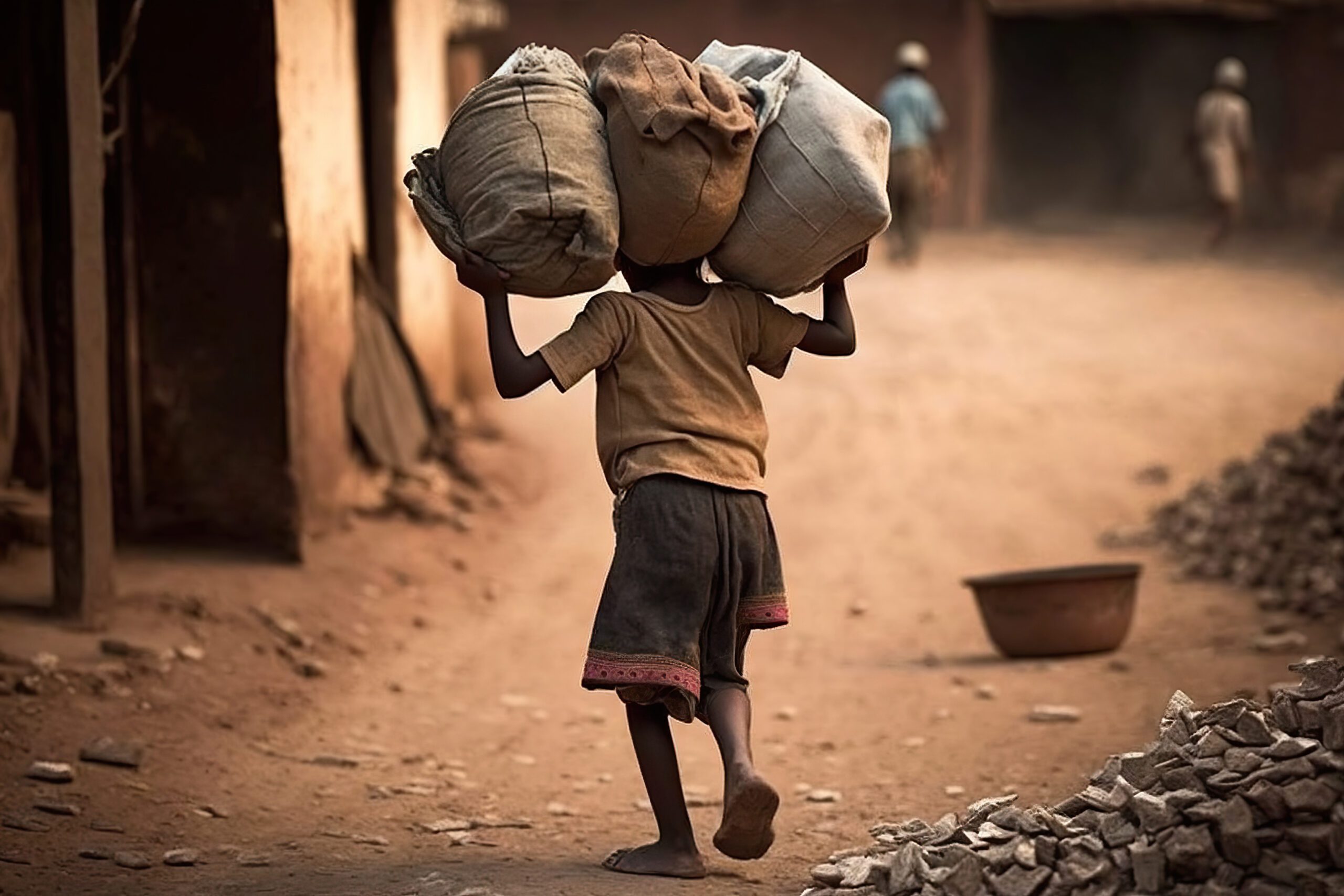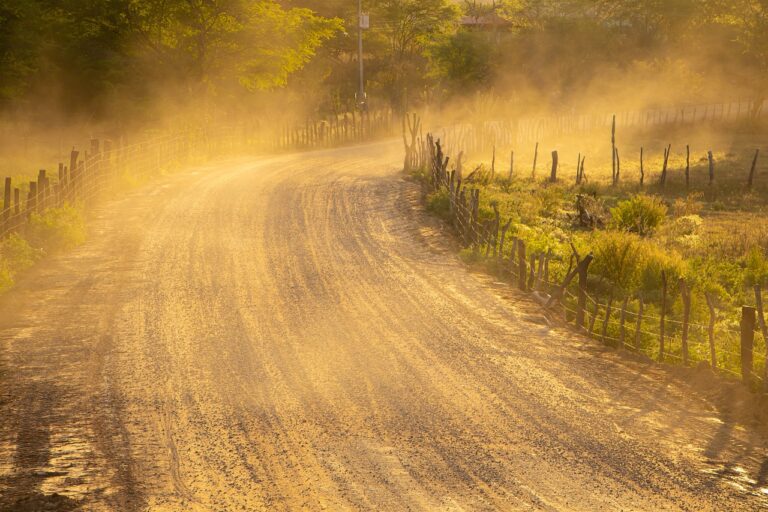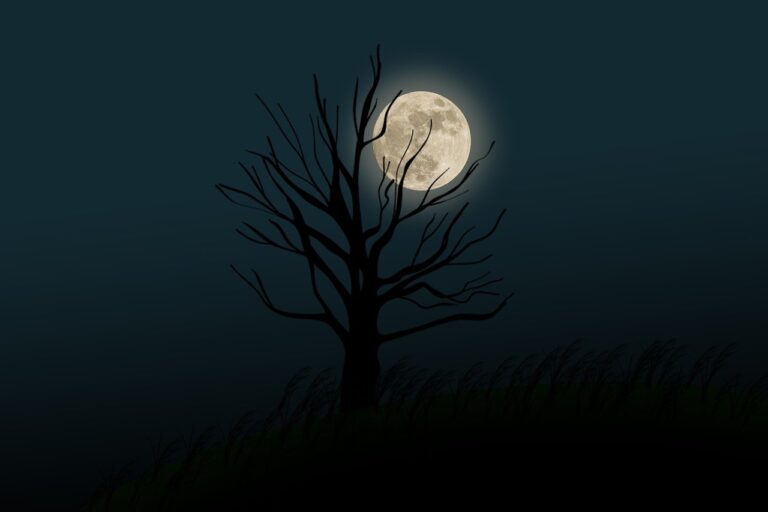Pennies and Pain: A Canister of Wheat and a Pound of Bania Wisdom
What does it take to be a bania? You’d know in a moment.
As was the norm in India back then, my father would regularly purchase raw wheat in bulk, filling up 15 kg tin canisters. He would then load the canister onto my shoulders, treating me like a peasant’s son, and I would haul that load for about a kilometer without expecting any reward. His calculations were meticulous, always precise. “20 paise per kg. This is 15 kg. 15 * 20 = 300 paise. Here, take 3 Rupees and get this milled,” he’d say.
Unlike other fathers who might add, “Keep the change, son,” my father’s heart was frugal. There was no room for keeping the change in his transactions. His calculations were usually flawless, until one day an unexpected twist altered the equation.
“15 kg. That’d be 3 rupees and 75 paise,” Kakka-ji, the heartless miser from the same Bania community who owned the grain mill, declared as he weighed the canister on the balance.
“But dad said it would be 3 rupees for 15 kg,” I protested, shocked to see my father’s meticulous calculation falter.
I was wrong. A Bania’s calculations are infallible; it’s the circumstances that change.
“The milling rate has changed. It’s 25 paise per kg now,” Kakka-ji grumbled as he dethroned the canister from the balance.
Frantically, I checked all five of my pockets—two on my shirt, two in my pants, and one secret pocket that was always sewn into the inner side of my pants. In our family, the concept of pocket money or allowance was nonexistent, so there was no chance I had a spare paisa. I merely pretended to search for non-existent money in my pockets, attempting to conceal my destitution.
“I think I forgot to bring extra money. Is it okay if I give you the remaining balance later?” I asked. In response, Kakka-ji, without uttering a word, pointed his finger to a giant signboard hanging by his desk.
“Aaj Nagad Kal Udhaar,” it read, which literally translates to “Cash today, Credit tomorrow.”
I felt like punching myself in the face for posing such a vain question to another Bania. What was I thinking?
Summoning every ounce of strength, I lifted the weighty canister onto my shoulder, its sharp edges grating against my collarbone. Painful? Let’s just say my collarbone was begging for mercy.
As I headed back home with the burden of the canister, I pondered the meaning of life, particularly why my dad thought it was acceptable to turn me into a mini freight carrier. His instructions echoed in my mind: “Never, ever leave the canister at Kakka-ji’s mill or risk them swapping our wheat for something inferior.”
“The milling rate has changed. He wants an extra 75 paise!” I reported bitterly to my dad, my shoulder still aching.
“That jerk! He raises the rate whenever he feels like it! I should open my own grain mill,” my dad fumed. He reached into the right pocket of his pants, pulled out some coins, and started counting.
“Why can’t you just keep some spare money in my pocket so I don’t have to keep making trips?” I confronted him.
My dad looked at me as if I were the epitome of naivety, the prodigy of foolishness, someone who had yet to grasp the essence of being born into the proud Bania community. “Someday, you’ll understand, son. Someday,” he sighed. Little did I know, this mysterious “someday” would become the elusive unicorn of my existence, a phrase repeated whenever the intricacies of Bania wisdom left me scratching my head. And so, I waited, patiently, for the day when the secrets of Bania life would finally reveal themselves, not long after this wheat milling saga.









Lol. This is so funny, can totally relate to it.